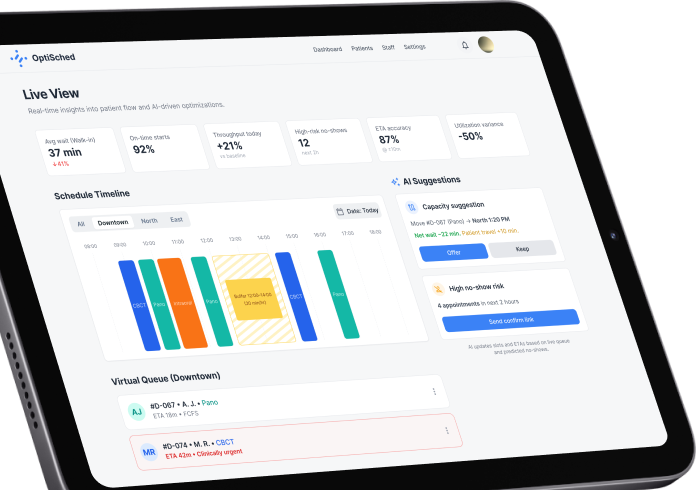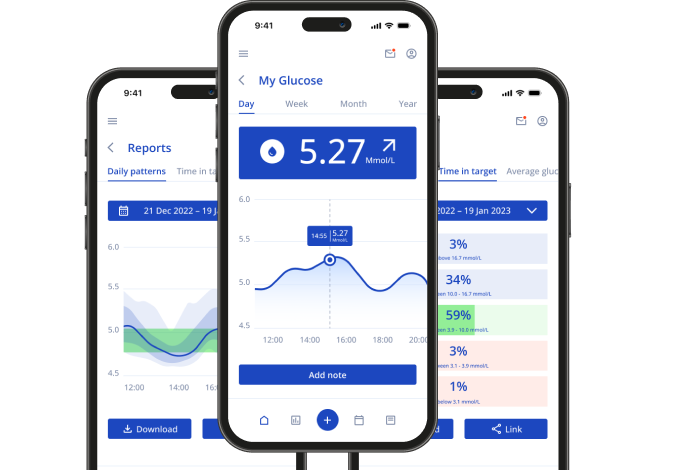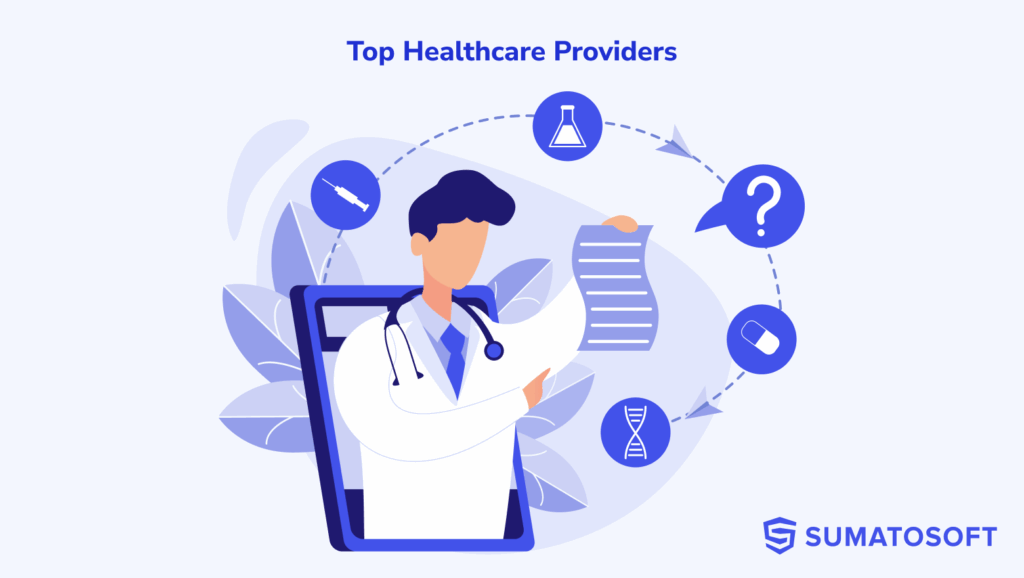Custom healthcare software development
Our custom software solutions help healthcare providers improve care delivery and patient outcomes. We are an ISO-certified healthcare software development company that crafts exceptional software for healthcare providers, startups, and medical device manufacturers.
Custom healthcare software development for business
As a leading custom healthcare software development company, SumatoSoft delivers comprehensive solutions and services for healthcare providers, digital health startups, and medical device manufacturers. We prioritize data security, adhere to UI/UX best practices, and ensure compliance with HIPAA, GDPR, FDA, HITECH, SSAE, and FHIR standards.
Healthcare Providers
We develop and implement EMR/EHR, practice management, lab management, asset tracking, remote patient monitoring, and population health management solutions.
Digital Health Startups
We provide expertise to create innovative telehealth systems, wellness tech solutions, and software for diagnostic and healthcare monitoring devices.
Device Manufacturers
We empower hospital-grade and consumer devices with robust healthcare device management solutions across web and mobile platforms, enhanced by AI-powered analytics.
Healthcare software development services
Full-cycle project development
Our end-to-end medical software development spans from discovery to maintenance, ensuring compliance with HIPAA, GDPR, and other regulatory standards.
Third-party software integration
We seamlessly integrate with third-party healthcare solutions, including electronic health records (EHR), patient management systems, billing modules, and telemedicine platforms.
Consulting & RnD
Our experts guide you through custom healthcare software development, offering strategic analysis, healthcare system architecture design, and compliance advice for regulations like HIPAA, FDA, and GDPR.
Frontend & backend development
We deliver robust frontend and backend solutions, ensuring seamless user experiences and scalable system performance while adhering to U.S. healthcare standards and regulations.
Mobile health (mHealth) solutions
We design and develop intuitive mHealth applications that enhance patient engagement, enable remote monitoring, and ensure secure data handling in compliance with healthcare regulations.
AI & Data analytics
We build AI-powered healthcare solutions and advanced data analytics platforms to optimize clinical decision-making, predict patient outcomes, and streamline operational efficiency.
Why SumatoSoft healthcare software development services
Regulatory and standards mastery
Compliance is non-negotiable in the healthcare realm. SumatoSoft ensures adherence to global regulations and standards such as HIPAA, HL7, FHIR, GDPR, and more – guaranteeing the security of patient data and healthcare software.
We offer relevant expertise
With 13 years in the custom healthcare software development services market, our team is well-versed in standards like ICD-10 and DICOM. Our expertise also includes IEC 62443, and we are ISO 27001 and ISO 9001 certified developers.
Rapid and transparent development
We leverage the speed and efficiency of Agile methodologies such as Scrum and Kanban for custom healthcare software development. We commit to 100% process transparency and take a proactive approach throughout the entire development cycle.
Close cooperation during the entire development process
We provide clear timelines and cost estimates, regularly send sprint or monthly project status reports, and offer multiple contact points via email, chat, messengers, calls, and personal meetings. We also conduct regular demos of completed work to keep our Clients informed and engaged.

Awards & Recognitions
Custom healthcare software we develop
Electronic health records (EHR)
EHR systems consolidate patient health information in one place, making it easier for hospitals, clinics, and physician offices to deliver effective and coordinated care. We ensure the confidentiality of personal health data by adhering to the ISO 27001 standard for information security management systems.
Electronic medical records (EMR)
We help healthcare organizations digitize paper-based medical records and related processes. Our EMR systems securely store clinical documentation, treatment data, and support automation of healthcare workflows like visit scheduling and record sharing.
Health information exchange (HIE) solutions
We develop HIE solutions that enable secure, standardized exchange of healthcare information – within healthcare clinic networks, across independent healthcare organizations, and with government agencies.
Telehealth and telemedicine platforms
We build virtual care platforms that include video consultations, e-prescriptions, and remote patient monitoring. Powered by technologies like the Internet of Things (IoT), our telehealth solutions make care accessible from the comfort of the patient’s home.
Healthcare organization management software
We develop and integrate complex all-in-one healthcare systems that support both clinical and administrative processes – including billing, patient records, and workflow automation – without disrupting daily operations.
Care management software
We create flexible care management platforms for at-home caregivers. Our healthcare solutions include administrator dashboards, remote patient monitoring tools, mobile apps for family members, and patient engagement modules.
Healthcare analytics and reporting tools
Our healthcare analytics solutions use artificial intelligence, machine learning, computer vision, and big data to transform clinical, operational, and financial data into actionable insights for smarter decision-making.
End-customer software
We build mobile and web healthcare applications that enhance physical and mental health, facilitate condition management, and promote remote care. These user-centered healthcare solutions are intuitive, engaging, and accessible.
From PoC to full platform: healthcare software pricing
The cost of custom healthcare software development depends on several key factors, including product complexity, security and compliance needs, integration requirements, and the development team’s location. The following is a general breakdown:
Full-scale healthcare software
$100,000–$1,000,000+ – includes robust functionality, third-party integrations (EHR, HIE, RPM, etc.), advanced security, scalability, and full compliance with healthcare regulations (HIPAA, GDPR, FDA, etc.).
For a personalized estimate based on your specific project scope, reach out to our team at info@sumatosoft.com.
Minimum viable product (MVP)
$50,000–$100,000+ – delivers core features to test the product with real users, gain early feedback, and attract initial funding or stakeholders.
For a personalized estimate based on your specific project scope, reach out to our team at info@sumatosoft.com.
Proof of concept (PoC) development
$10,000–$30,000 – validates the feasibility of your idea with minimal functionality and limited user interaction, reducing early-stage risk.
For a personalized estimate based on your specific project scope, reach out to our team at info@sumatosoft.com.
Full-scale healthcare software
$100,000–$1,000,000+ – includes robust functionality, third-party integrations (EHR, HIE, RPM, etc.), advanced security, scalability, and full compliance with healthcare regulations (HIPAA, GDPR, FDA, etc.).
For a personalized estimate based on your specific project scope, reach out to our team at info@sumatosoft.com.
MVP development
$50,000–$100,000+ – delivers core features to test the product with real users, gain early feedback, and attract initial funding or stakeholders.
For a personalized estimate based on your specific project scope, reach out to our team at info@sumatosoft.com.
Proof of concept (PoC)
$10,000–$30,000 – validates the feasibility of your idea with minimal functionality and limited user interaction, reducing early-stage risk.
For a personalized estimate based on your specific project scope, reach out to our team at info@sumatosoft.com.
Request a Project Estimate
Receive a detailed cost and time estimate based on your requirements. No strings attached.
FAQ about SumatoSoft services
Advance your custom healthcare software
Internet of Things
We deliver IoT-powered medical software solutions that help healthcare companies stay at the forefront of advanced technology. Our offerings include chronic disease management via connected devices, virtual care, tracking of medical supplies and pharmaceuticals, and more.
Artificial Intelligence
We implement AI to transform healthcare through a wide range of technologies, including machine learning, computer vision, natural language processing (NLP), and robotics. We build virtual health assistants, communication apps for interaction with robots, and medical imaging systems for X-rays, CT scans, and MRI scans.
Big Data & ML
We apply big data and machine learning to support predictive analytics, risk stratification, drug discovery, anomaly detection, and data analysis for clinical decision support – enabling faster, smarter decisions across healthcare organizations.
Security and compliance in healthcare
- HIPAA compliance – protecting ePHI through access controls, multi-factor authentication, and encryption.
- Regulatory mastery – we build software that complies with GDPR, HL7, FHIR, ISO 27001, and DICOM standards.
- Data encryption – securing sensitive data both at rest and in transit.
- Audit trails – logging all access and modifications to maintain full traceability of actions within the system.
- Risk assessments – regularly identifying and mitigating system vulnerabilities.
- Data backup and recovery – ensuring software availability and integrity with tested recovery plans.
- Security audits – performing frequent internal and external vulnerability checks to keep the healthcare software secure.
- Training – educating users and admins on secure data handling practices.
Secure Your Patient Data with Confidence
Work with a team that builds HIPAA-compliant systems designed to protect sensitive health information.
Custom healthcare software we developed
See Our Work in Action
From telehealth to EHR platforms. Explore our proven expertise in real-world use cases.
Custom vs platform-based healthcare software
The choice between custom and platform-based healthcare software development depends on three core factors: needs, budget, and long-term strategy. Both approaches have their pros and cons.
Custom healthcare software
Pros:
- It’s tailored – custom healthcare software is designed to match operational processes and meet the exact business needs.
- It’s proprietary – the patient healthcare data and the software are stored on healthcare organization servers.
- It has high ROI in the long run – while requiring a higher initial investment, custom software offers a high return on investment over time.
Cons:
- It requires significant initial investments – funding must be allocated upfront, which may be a barrier for smaller organizations.
- It takes longer to develop – custom healthcare software requires more time than deploying pre-built alternatives.
- It requires periodic updates and maintenance – ongoing support and updates must be managed by the healthcare organization.
Platform-based healthcare software
Pros:
- It requires lower initial investments – such healthcare software is usually distributed on a subscription basis, which is much lower than custom development.
- It can be quickly deployed – ready-made healthcare software can often be deployed within weeks or even days after purchase, especially if little customization is needed.
- Its maintenance is on the vendor’s side – the vendor typically handles updates, maintenance, and security, reducing the burden on the healthcare company.
Cons:
- It offers limited customization – the healthcare software vendor provides the most requested features on the market that might not be enough in a specific case.
- It becomes more expensive in the long run – customization and scaling always require additional costs, which could significantly increase yearly investments in the platform.
- It implies vendor lock-in – healthcare organizations become dependent on the vendor in terms of updates, security, data safety features, and support without an opportunity to migrate the data to another platform easily.
Start Your Custom Healthcare Project
Tell us your idea and we’ll develop a secure, scalable, and compliant solution from the ground up.
The way we develop healthcare software
The healthcare software development process starts with a comprehensive analysis. We examine business goals, clinical workflows, regulatory and data privacy requirements (such as HIPAA or GDPR), and patient care objectives. If needed, we run a proof of concept and prepare documents that will lay the foundation for further project development, including functional specifications, risk assessments, and compliance guidelines that set the direction for the project.
In the next stage of our healthcare development services, we design user interfaces and define the software architecture based on scalability, interoperability (FHIR/HL7), security protocols, and system integration requirements.
Guided by the artifacts created in the discovery and design phases, our engineering team builds the software using agile methodology. We follow healthcare development best practices and strict coding standards to ensure modularity, maintainability, and compliance with healthcare regulations.
We conduct comprehensive testing that may include manual and automated functional tests, integration tests, security and vulnerability assessments, usability testing, performance evaluations, and regulatory compliance checks (e.g., IEC 62304, ISO 13485). All testing is tailored to project needs and verified with the Client to ensure the solution meets expectations from both user and clinical perspectives.
We ensure seamless integration of your solution with third-party healthcare systems such as EHRs, HIEs, LIS, RIS, PACS, and external APIs, ensuring secure exchange of sensitive data.
Our development team continually fine-tunes the mHealth software, provides upgrades, and offers technical support for as long as you require our expertise and guidance. We proactively monitor system health, fix critical issues, implement enhancements, and ensure that the software remains compliant and secure.
Healthcare software project timeline
Let’s start
If you have any questions, email us info@sumatosoft.com

Frequently asked questions
How long does it typically take to develop a custom medical application?
The development timeline for a medical app ranges from a few months to over a year. Standalone applications with limited features can often be developed and launched within 3–6 months. Complex systems with multiple functionalities, advanced technologies like image recognition, and deep integration with other systems may take more than two years to complete.
How do you ensure the security and compliance of medical software?
Security and compliance are tightly linked to key healthcare regulations and standards, including HIPAA, HITECH, GDPR, and IEC 62443. We follow these standards throughout the development process, implementing reliable encryption methods, secure data storage, and robust communication protocols. Additionally, as ISO 27001-certified developers, we maintain a high level of information security management.
Are your healthcare software solutions interoperable with existing systems?
Yes. We develop custom healthcare software with seamless integration in mind – whether it’s with existing EHR systems, medical devices, or third-party applications. We apply HL7 for the secure electronic exchange of healthcare information, FHIR for interoperability, and DICOM when dealing with medical imaging and related data.
How is AI & machine learning used in healthcare?
AI and machine learning enhance healthcare by enabling predictive diagnostics, personalized treatment planning, early disease detection, medical imaging analysis, and automation of routine administrative tasks. We use these technologies to build smarter, faster, and more efficient healthcare solutions that support both clinical and operational excellence.
Why should I choose custom healthcare software development services?
Custom healthcare software is built around your organization’s specific needs, workflows, and regulatory environment. Unlike off-the-shelf platforms, it provides greater flexibility, long-term scalability, integration options, and ownership, ensuring your solution fits your goals without compromise.















